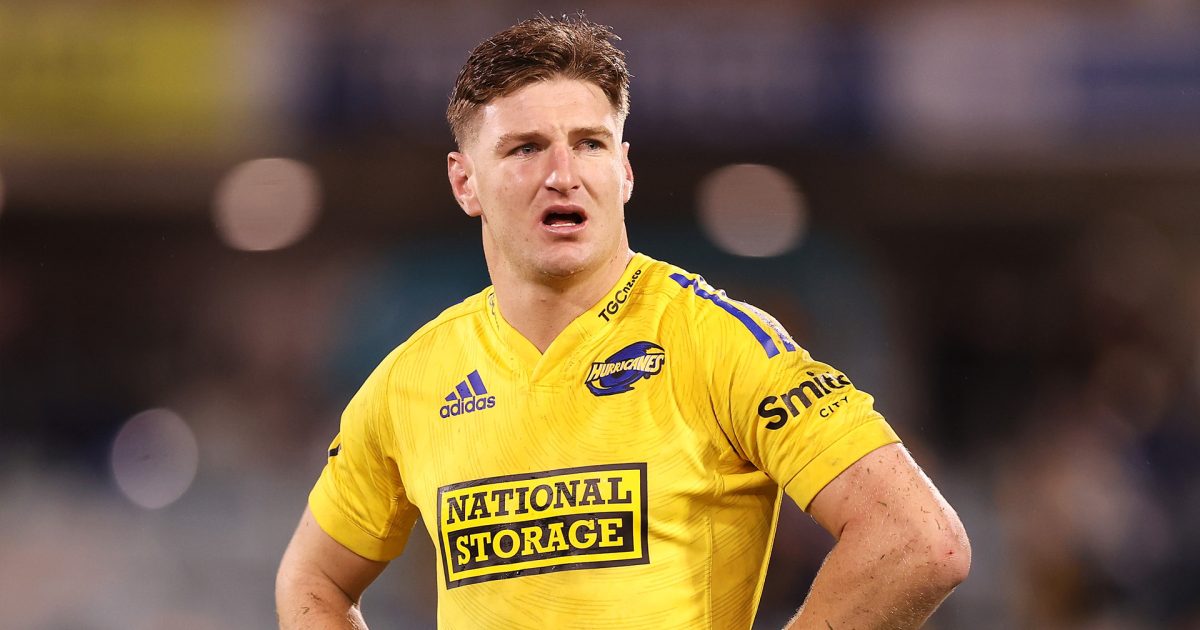Hurricanes under 'the most pressure' in tense final rounds before playoffs

There are three rounds of Super Rugby Pacific separating us from the playoffs, and those three rounds offer remarkably different challenges for each of the teams looking to make a run towards the finals.
As it currently stands, there are five teams in a tier above the rest; the Chiefs sit atop the table with the Brumbies five points behind, the Crusaders and Hurricanes both sit four points further down and the Blues are fifth, enjoying a somewhat comfortable cushion over the sixth-placed Waratahs.
Looking at schedule difficulty based on the opponent’s record, the Hurricanes’ remaining schedule is by far the most challenging. The Wellington team face the Chiefs, the Blues and finally, the Crusaders to round out their 2023 regular season.
“You would think those four sides, the Chiefs, Crusaders, Brumbies and the Hurricanes should make up that top four,” Justin Marshall told The Platform. “The biggest vulnerability I can see is the Hurricanes.
“Having three New Zealand franchises; that physicality, that intensity, knowing each other so well, they’re the team that’s got the most pressure on them.”
The Platform host Martin Devlin agreed with the take, adding the Wellington side have got “effectively three final matches before they would play their first finals match.
“Sense and sensibility would suggest that they might actually drop to four or five.”
Resting three of his All Blacks this week to ensure his best side is fit and available for the finals push, Hurricanes head coach Jason Holland is hoping to secure a home quarterfinal after briefly enjoying the No 1 seed earlier in the season. The Hurricanes will need to win two of their final three matches to do so.
Marshall also offered his preferred finals matchup, unsurprisingly naming the six-time defending champion Crusaders and the table-topping Chiefs as his predicted championship contenders, provided the two avoid each other throughout the quarter and semifinals.
“I think they’re probably the two best sides in the competition at the moment.
“I certainly think that the Blues have the firepower, but they’re just not playing as well as those other two teams.
“Equally, I think the Hurricanes are a very capable side, you’ve just got to think about their forward pack, is it as strong as the Blues, Chiefs and Crusaders when it comes down to knockout rugby? I certainly think their backline is playing well enough.
“Even though the Crusaders lost twice to the Chiefs, they were intense, high-quality games. Those two teams for me, if they met in the final, I tell you what, everyone would be pretty happy because it’ll be one hell of a final.”





































































